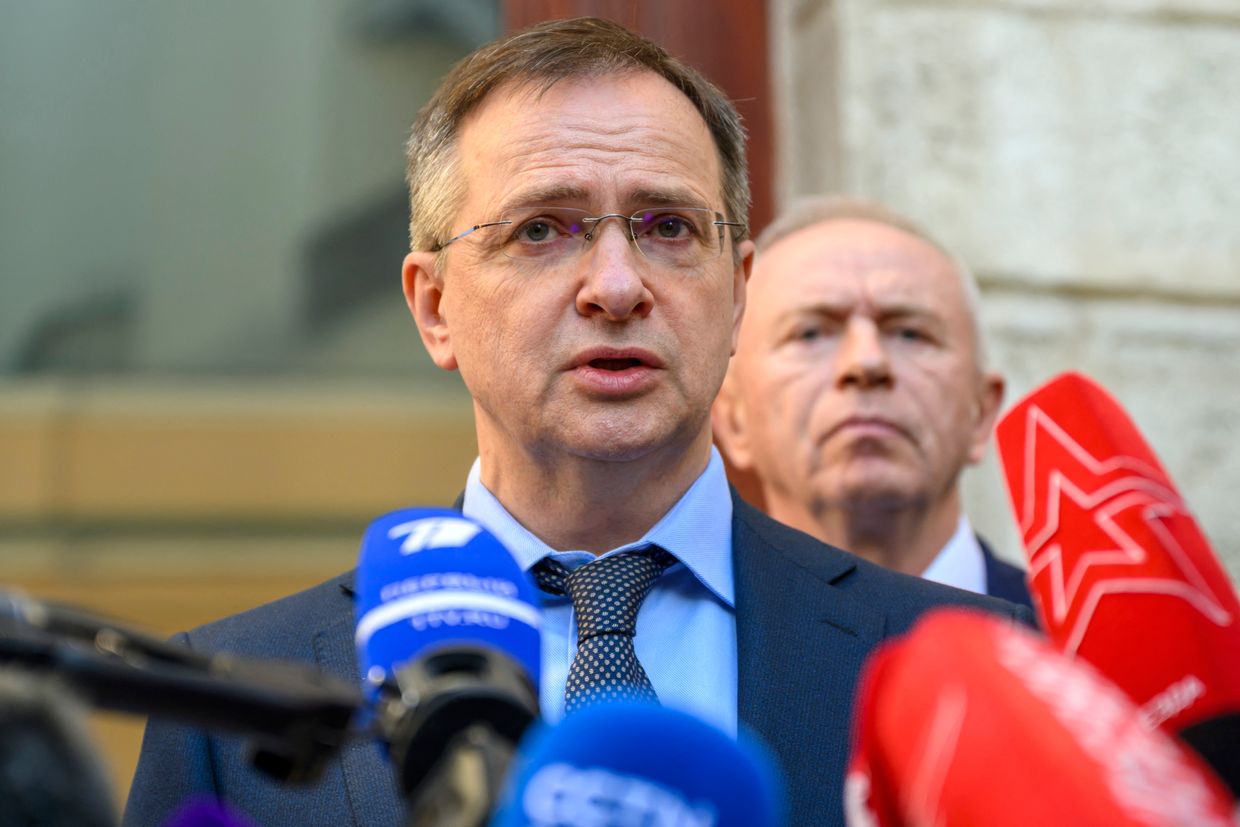Moscow questions Kyiv's authority, says Ukraine's choice of signatory key to any peace deal

The identity of Ukraine's signatory is a "fundamental" issue for Russia in any potential agreement to end the war, Kremlin spokesperson Dmitry Peskov said on May 17 during a briefing, Russian state-controlled media reported.
"For Russia, the most important and principal matter when signing documents between the Russian and Ukrainian delegations is the identity of the person authorized to sign on behalf of Ukraine," Peskov told reporters.
His comments come as Russia and Ukraine held a new round of negotiations in Istanbul on May 16. Although no ceasefire agreement was reached, both sides agreed to a 1,000-for-1,000 prisoner-of-war exchange.
Ukrainian officials said Russia had demanded a full military withdrawal from four regions, Donetsk, Luhansk, Zaporizhzhia, and Kherson, which Moscow claims to have annexed, despite not controlling them entirely. Kyiv rejected the demand and expressed doubts about the Russian delegation's authority to make decisions.
Peskov said work on a settlement will continue and added that a meeting between Russian President Vladimir Putin and President Volodymyr Zelensky could be possible if the two delegations reach sufficient agreement.
The Kremlin also said it would inform the public if Putin and U.S. President Donald Trump decide to hold a phone call.
Peskov's comments also confirm that negotiations remain open.
"The Russian Federation will prepare and hand over to Ukraine a list of conditions for a ceasefire," Peskov said.
Following the Istanbul talks, Zelensky, together with French President Emmanuel Macron, German Chancellor Friedrich Merz, British Prime Minister Keir Starmer, and Polish Prime Minister Donald Tusk, held a call with Trump to discuss next steps.
Western officials remain skeptical of Russia's intentions, especially after the Kremlin sent a low-level delegation to Istanbul, omitting senior figures such as Foreign Minister Sergey Lavrov. Zelensky described the Russian team as a "sham delegation."
Ukraine has proposed an immediate ceasefire, a full POW exchange, and a face-to-face meeting between the two presidents. Russia continues to insist on addressing what it calls the "root causes" of the war — a phrase often used to justify its 2022 invasion.











